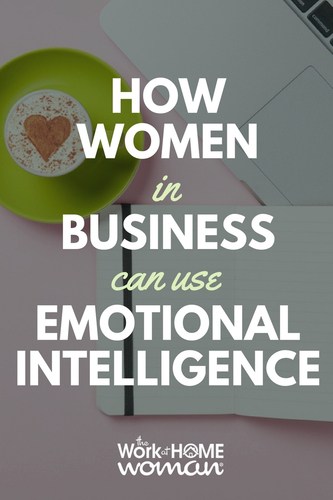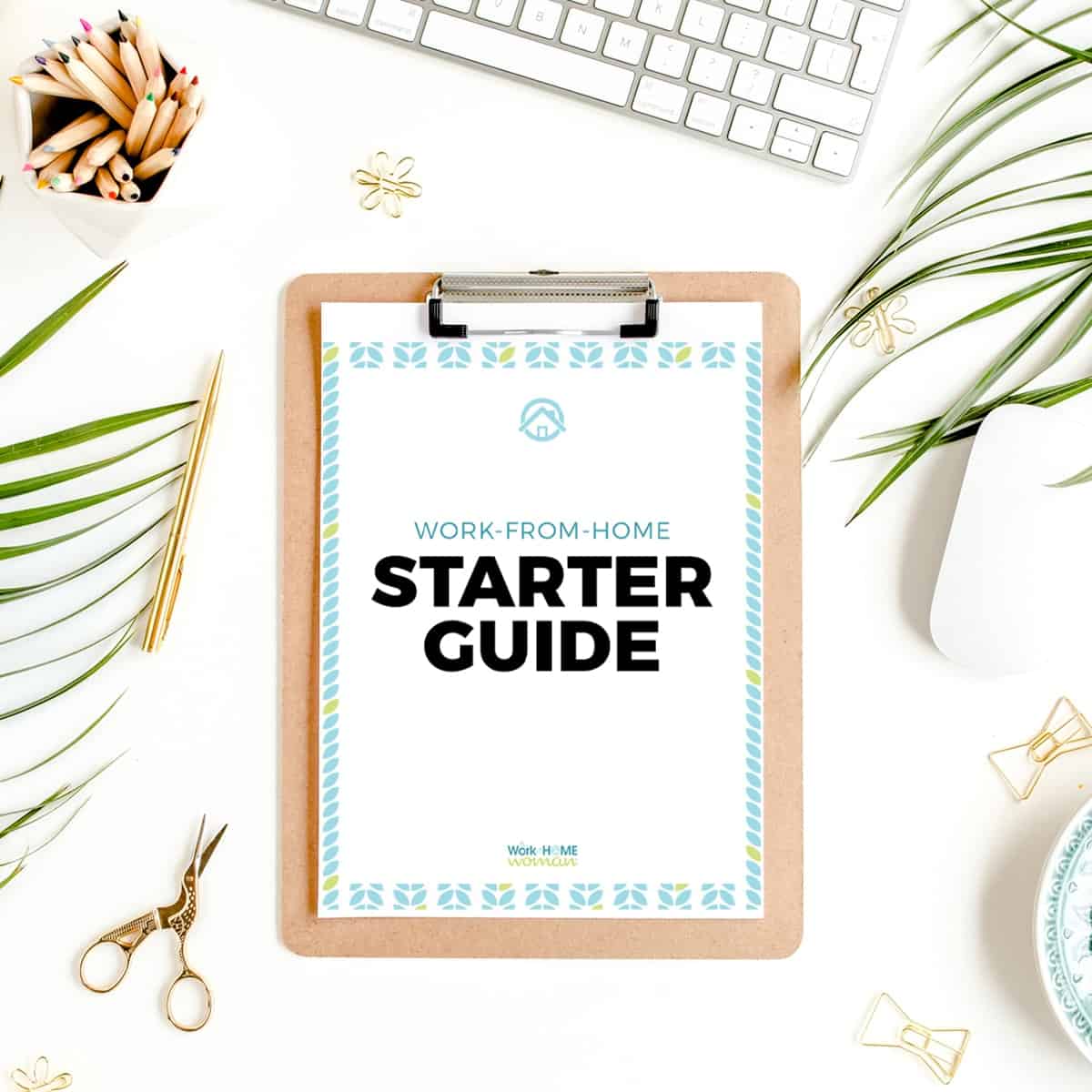 Women in business operate in an environment dominated by male business owners. In this context, we learn to exhibit behaviors that help us to sustain successful businesses, sometimes allowing masculine traits to override our natural nurturing strengths because in the current business paradigm, nurturing traits are sometimes viewed as weak.
Women in business operate in an environment dominated by male business owners. In this context, we learn to exhibit behaviors that help us to sustain successful businesses, sometimes allowing masculine traits to override our natural nurturing strengths because in the current business paradigm, nurturing traits are sometimes viewed as weak.
To survive in a male-dominated environment, as women, we program ourselves to use logic, sometimes to the exclusion of intuition, we focus on goals centered on making a profit, and we view those who can support us as competition. While more and more women are shifting their mental models to embrace their natural strengths, we need even more women to buy into a balanced approach to entrepreneurship.
There are wounded women entrepreneurs who operate from deeply buried pain. These wounded women tend to exhibit low self-esteem, so they surround themselves with people who echo their thoughts and values. They become extremely offended by employees who express ideas for improving the business because they identify so closely with their business that the suggestions are translated through their filters as negative. I have observed these women justify ignoring valuable ideas by recounting all the mistakes of the employee making the suggestion because they are unable to separate a good idea from how they feel about the person.
Unless wounded women in business can perceive the need for self-empowerment and healing, or they experience a personal epiphany, they tend not to not take the steps necessary for facilitating an open environment that sustains employee engagement. Instead, they perpetuate of a climate of fear powered by emotional eruptions, suspicion and low trust. Until the wounds are healed, these women tend to view the team from two perspectives: those who are on her side and those who are not.
Woundedness surfaces in a variety of business contexts. From a marketing perspective wounded entrepreneurs, male or female, cannot handle rejection, they take it personally; investment decisions lack the balance of intuition and logic; alliances can be miscalculated because of misplaced loyalty, and some owners are afraid to expand their businesses because of their unproductive self-talk.
Here’s How to use EQ to Build your Business
1. Rebuild Your Emotional and Mental Models.
Depending on the depth of wounds, emotional intelligence may not be the first step toward emotional and mental freedom. Women who have experienced profound psychological damage may need the intervention of a trained professional. In circumstances where self-development is possible, the skills of emotional literacy and pattern recognition need to be built. Emotional literacy refers to your ability to name your emotions. Once you can do this, you can recognize the patterns that surface as reactions and consciously turn them into well-thought-out responses that consider the consequences of your actions along with your values. As a woman in business, once you can bring your emotions into balance you can contribute to improving the morale of your team through role modeling.
2. Balance the Masculine and Feminine Qualities of your Business.
While the masculine qualities of business owners do have immense value, the feminine traits of relationship building, compassion, nurturing, and creativity bring the balance necessary to build sustainable employee engagement and performance. It takes the emotional intelligence skill of consequential thinking to help you understand the consequences of allowing masculine/feminine imbalances to persist.
3. Balance People and Process Needs.
Another important area of focus is to bring people needs and processes into balance. In controlled environments, processes, policies, and procedures are typically emphasized. When creating an engaged team, is a priority, it is time to allow employees to share their needs and listen to and implement the suggestions that bring balance. It is important to remember that if you are going to ask for employees’ input, you should listen and where possible, implement their suggestions. The emotional intelligence skill of empathy is needed to balance people and process needs. Without empathy, women entrepreneurs will miss

4. Balance Family and Work.
Women entrepreneurs have to manage the responsibilities related to their running their businesses and families. There are some women entrepreneurs who decide to go into business to bring balance to their lifestyle, not realizing how much time building a business takes. Their intentions are to spend more time with the husband and children and to be flexible enough to attend events that represent milestones for their children. But those of us who are workaholics can end up wearing too many hats.
5. Networking vs. Relationship Building.
Networking is an experience where persons attend events seeking support for their businesses. Most times, networkers show up with the singular goal of finding out what you can do for them and few, if any, are interested in helping you. This makes networking a lopsided experience. This is because as soon as these networkers come to the determination that you cannot help them, they move onto the next person. Relationship building is focused on creating quality connections, so it takes time, consistence, little to no pressure and trust building skills.
According to the 2014 State of Women-Owned Businesses Report commissioned by American Express OPEN, “Between 1997 and 2014, when the number of businesses in the United States increased by 47%, the number of women-owned firms increased by 68%—a rate 1½ times the national average”. With the phenomenal growth of businesses owned by women who are new to business ownership, self-regulation is one of the critical components of success because there will be circumstances that blindside us or delay our plans. Emotional intelligence equips us with the skills we need to recover without getting overwhelmed. Unexpected circumstances like employee resignations, loss of an anchor client, and lawsuits can all be emotionally disconcerting and need to be navigated skillfully in order to retain our strongest performers and achieve important business goals.
You’ll Also Love These Posts:
Studies have shown if you like this blog post — you will also love the following articles.
- Taking the Sting out of Feedback
- Why WHAT You Do Means Nothing to WHY You Do It
- Changing Your Vocabulary to Better Your Life
Yvette is an HR and change consultant, emotional intelligence practitioner, trainer, and author of the book EQ. Librium: Unleash the Power of Your Emotional Intelligence; A Proven Path to Career Success. She is a Fulbright Scholar with over 25 years of experience. During her tenure in the banking industry, she served in senior capacities in corporate strategy, marketing, PR, training, and human resources. Yvette Bethel can be reached at Organization Soul. Her book E.Q. Librium: Unleash the Power of Your Emotional Intelligence; A Proven Path to Career Success is available at Amazon and other retailers.
This page includes affiliate links. Please be aware we only promote advertising from companies we feel we can legitimately recommend to our readers. Please see our disclosure policy for further information.






Leave a Comment